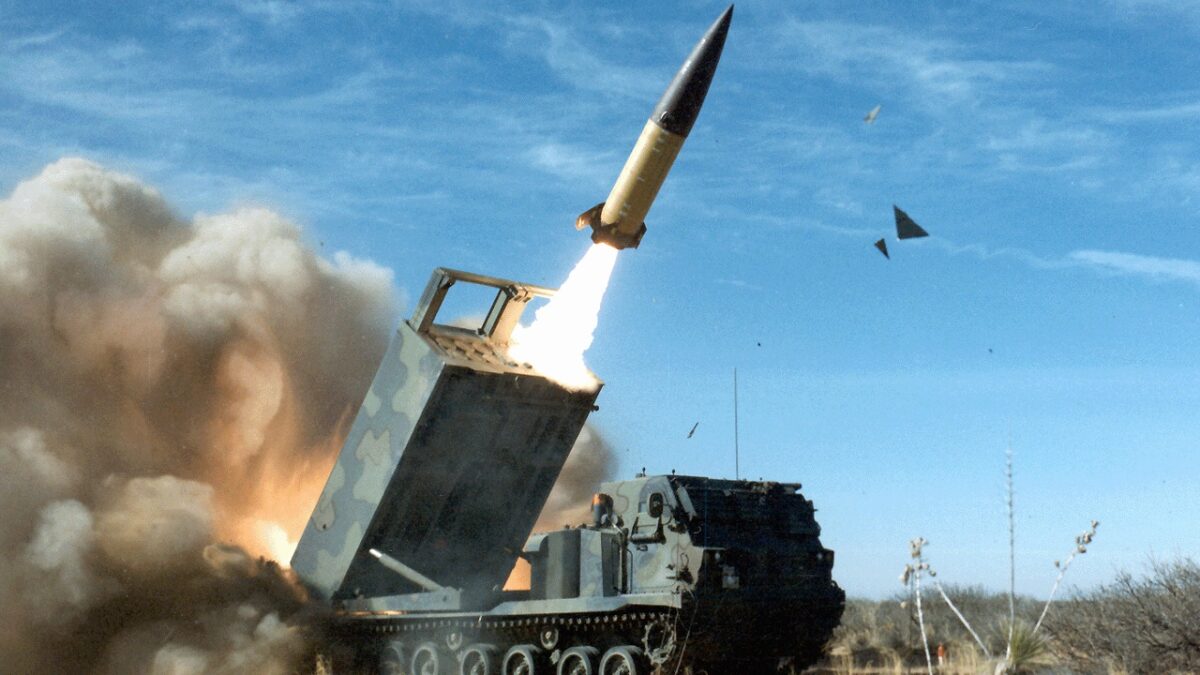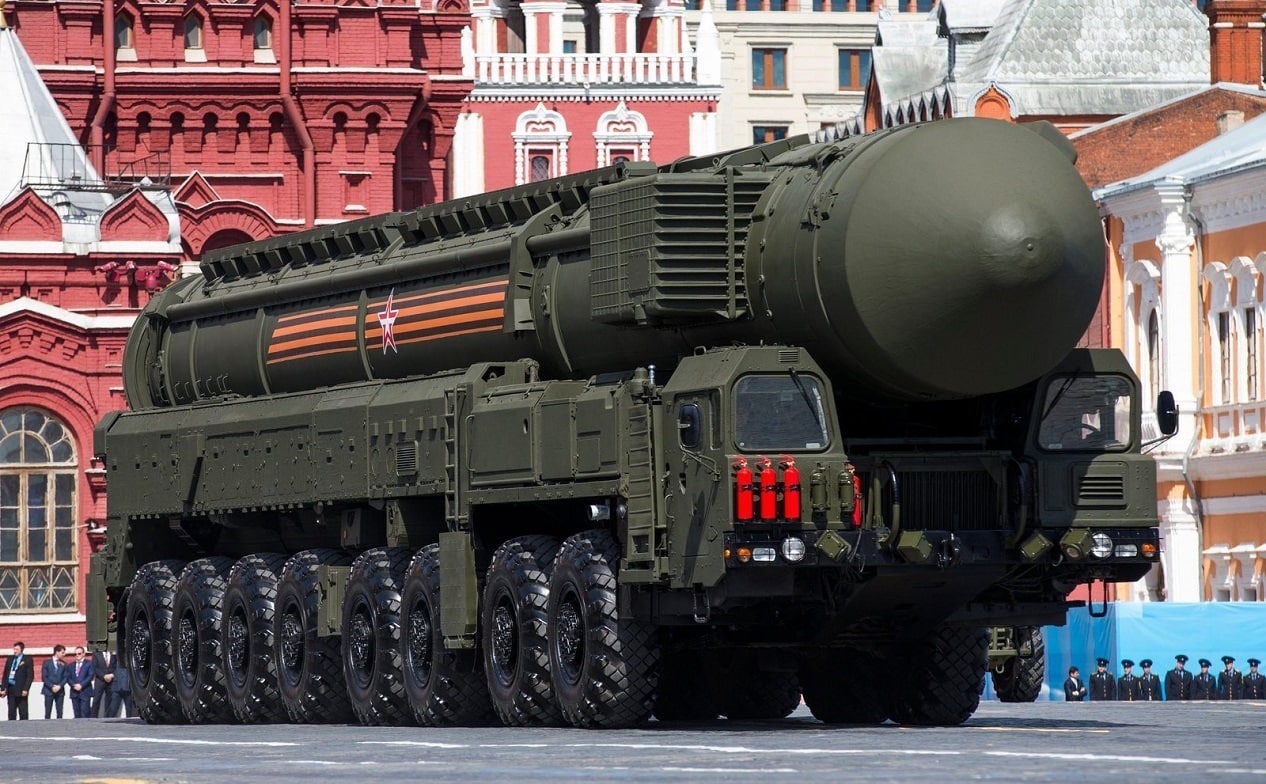How Would Russia Strike Back If Biden Did Give ATACMS to Ukraine? – The White House this week announced a new round of military aid for Ukraine that once again didn’t include the long-range missiles Ukrainian President Volodymyr Zelenskyy has been requesting since the beginning of the Russian invasion.
Rumors circulated over the last week that President Joe Biden was mulling the possibility of sending long-range Army Tactical Missile System (ATACMS) rockets, which have a maximum firing range of 186 miles, to be used in Ukraine’s 16 HIMARS rocket launchers already donated by the United States. Longer-range rockets would allow Ukraine to more easily launch strikes on Russian territory – potentially hundreds of miles into Russian territory, presuming they were launched from newly-liberated Kharkiv.
Bidens’ repeated refusal to provide the rockets reflects real concerns that Russia would consider any donation of long-range weapons as an escalation – something confirmed by the Kremlin this week when Foreign Ministry spokeswoman Maria Zakharova said gifting the missiles would cross a “red line.”
Despite recent Russian losses, the war is still very much raging, and there is still plenty of time for the White House to change course and begin providing the long-range missile systems Zelenskyy wants. But how would Russia react?
Strikes On NATO Soil
One possible outcome would be Russian strikes on NATO soil. A decision like this would carry potentially catastrophic consequences, triggering NATO mechanisms designed to pool the resources of all 30 NATO countries to protect any nation-state attacked by a foreign power.
Russia may simply choose to direct strikes on NATO territory as an act of aggression or may follow through on previous threats of striking incoming weaponry. Russia has already conducted strikes on ammunition depots and warehouses containing Western-supplied military equipment but waited until that equipment was on Ukrainian soil before launching the strikes.
If the West gifts long-range missiles, the Kremlin may choose to take things one step further and launch strikes on convoys transporting the missile systems on NATO soil.
Tactical Nuclear Strikes?
While Kremlin spokesman Dmitry Peskov has been very clear that he considers the war in Ukraine to be unrelated to the “existential threat” required for Russia to consider a nuclear strike, Russian officials have repeatedly warned about the possibility of a nuclear strike since the early days of the war.
With Russian troops fleeing, more prisoners being recruited to the Russian military, and tanks lost on the battlefield, Russia may see the delivery of long-range missiles as an existential threat. In this case, Putin may have the justification he needs to launch a tactical nuclear strike.

ATACMS firing back in 2006. Image Credit: U.S. Army.
Whether Putin launches a nuclear attack or conducts rocket launches on NATO soil, he’ll be risking a greater, global conflict – and one that he doesn’t have the resources to fight.
Jack Buckby is a British author, counter-extremism researcher, and journalist based in New York. Reporting on the U.K., Europe, and the U.S., he works to analyze and understand left-wing and right-wing radicalization, and reports on Western governments’ approaches to the pressing issues of today. His books and research papers explore these themes and propose pragmatic solutions to our increasingly polarized society.

